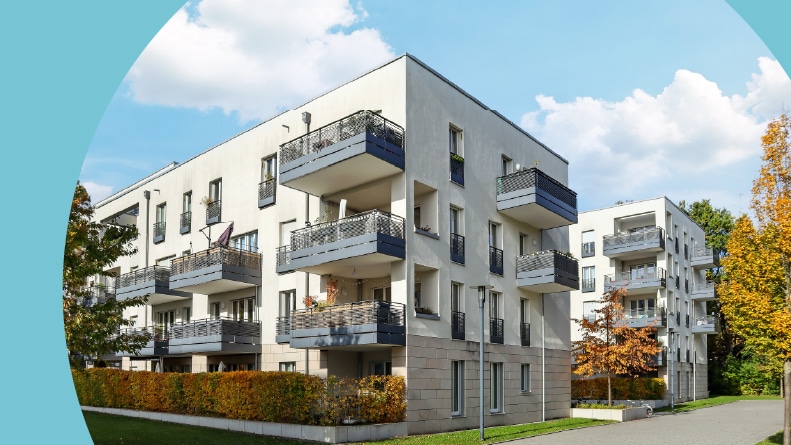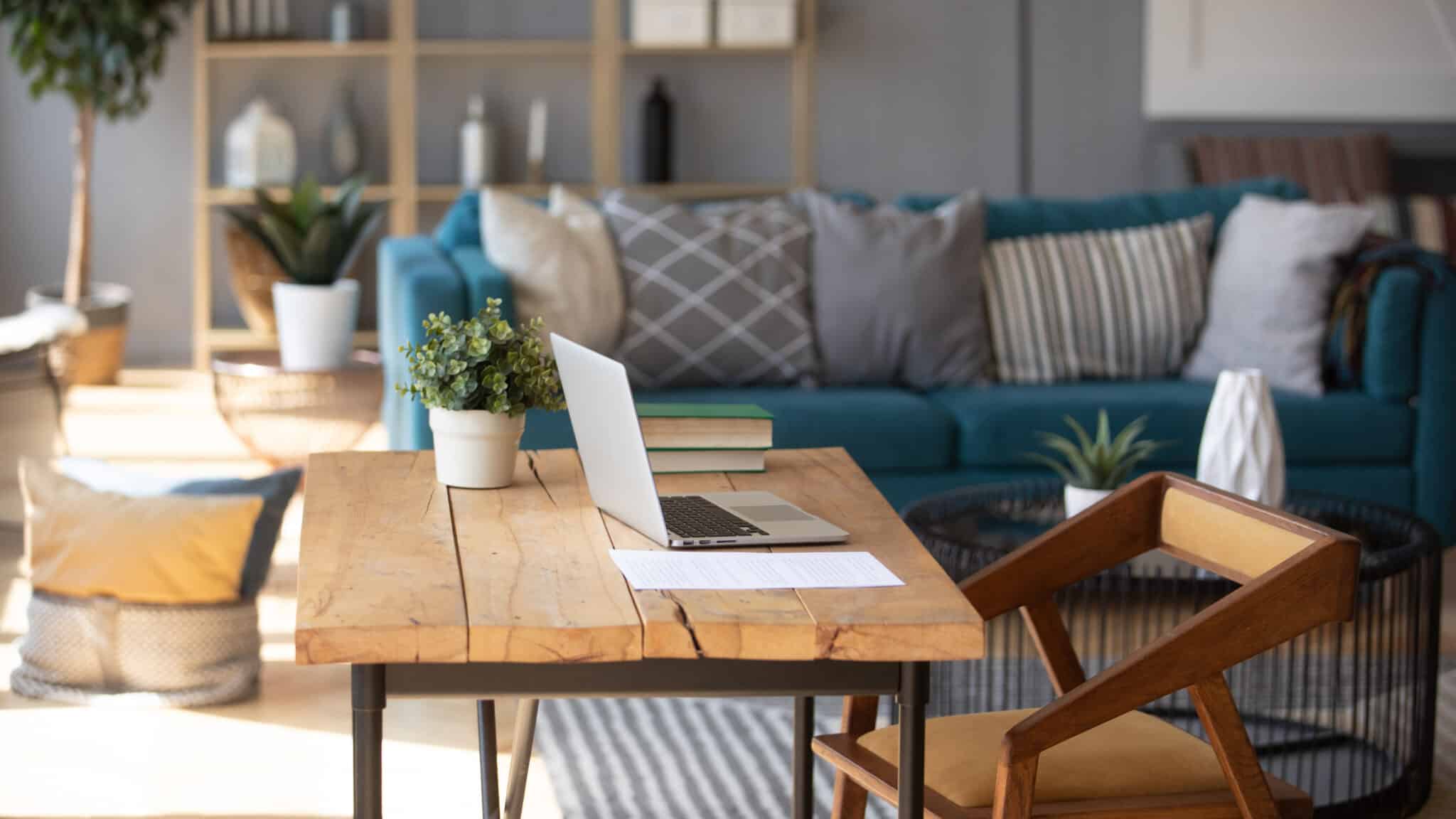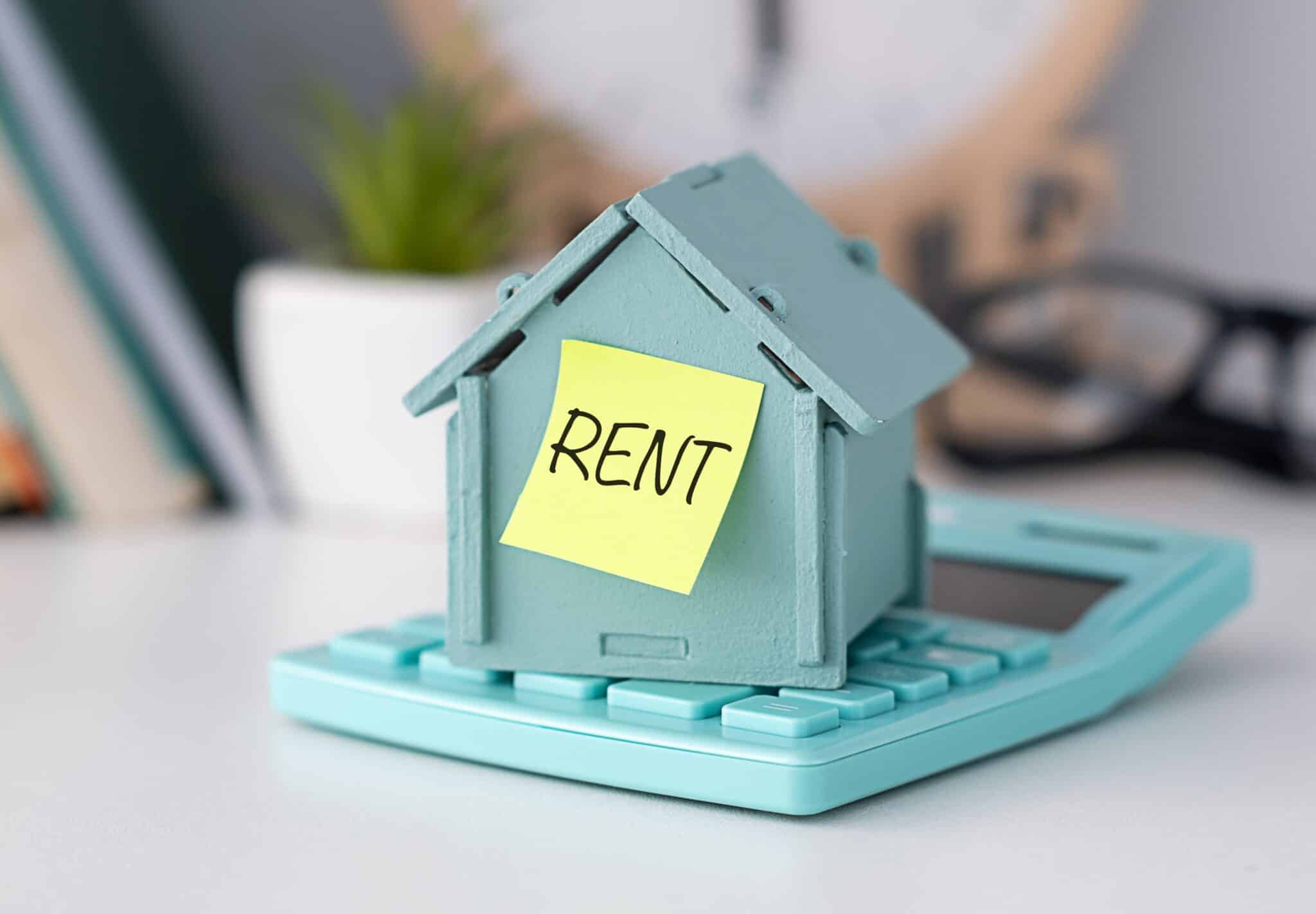When it comes to retirement living, finding the right balance between comfort, convenience, and lifestyle is key—and that’s exactly what 55+ community rentals aim to provide. Whether you’re ready to downsize, relocate, or simply explore a new chapter in a vibrant, age-restricted community, the journey begins with understanding what truly matters most to you.
From pet-friendly perks to resort-style amenities and maintenance-free living, your ideal apartment is out there. But how do you know which one is right for you? Let’s dive into the essentials of choosing the perfect 55+ community apartment—and how to avoid the pitfalls along the way.
Define Your Must-Haves and Dealbreakers

The world is rarely a perfect place, but your choice of rental community should be as close to perfection as possible. If you’re at the very beginning of your journey, grab a pen and pad and create two columns. In column one, jot down the details that matter most in your dream retirement. In the second column, note any major dealbreakers that would make a community undesirable to you.
What to Look For in a 55+ Rental Community
- ✅ Pet-friendly policies that welcome your furry companions
- ✅ Onsite golf course or putting green
- ✅ Pool, hot tubs, and wellness amenities
- ✅ Gated access and secure parking
- ✅ Peaceful, park-like surroundings with walking trails
- ✅ Proximity to shops, restaurants, and public transit
- ✅ Daily or weekly social events and resident activities
- ✅ Onsite security and after-hours patrols
What Might Be a Dealbreaker
- ❌ Unappealing or outdated floor plans with limited storage
- ❌ Strict guest policies that limit visits from grandkids
- ❌ Rental costs that exceed your budget without matching value
- ❌ Excessive HOA-like rules or micromanaged lifestyles

Benefits of a 55+ Rental Community

Age-restricted rentals can offer a peaceful, maintenance-free lifestyle—perfect for retirees who want to enjoy their time without household stress. Here are some examples of the benefits active adults can enjoy when living in a 55+ rental community:
Safety and Peace of Mind
- Well-lit streets and sidewalks
- Enforced speed limits and traffic-calming measures
- Secure access and neighborhood patrols
Prime Locations
- Conveniently located near shopping, dining, and health care
- Walkable neighborhoods or close to public transit options
No Outdoor Chores
- No mowing, weeding, or leaf raking
- Professional landscaping included
Indoor Maintenance Included
- Help with repairs like broken appliances or lightbulbs
- No more climbing ladders or dealing with home repairs alone
Built-In Social Life and Amenities
- May offer access to pickleball, swimming, yoga, hobby clubs, ect.
- Community centers with organized events and classes
- Optional group outings or educational sessions
Potential Downsides of a 55+ Rental Community

No community is perfect, and some aspects of 55+ rentals may not align with every lifestyle. Here are some factors to consider if 55+ renting is right for you:
Common Concerns
- Walls shared with neighbors (less privacy)
- Less age diversity in the community
- Rules limiting younger visitors’ stay durations
- Pressure to join social events or pay for extras
Now that we’ve covered the living experience in a 55+ rental community, let’s talk about financing.
Affording the Lifestyle: Plan for Your Future

While 55+ rental communities offer a wide range of perks, these conveniences often come with a higher price tag. Rent may include services like landscaping, security, and event programming, which can increase monthly expenses. That’s why it’s important to have a clear understanding of your financial picture before making a decision. From setting a realistic monthly budget to exploring funding options, planning ahead will ensure your lifestyle stays both enjoyable and sustainable.
Common Funding Options
- Personal savings, pensions, and Social Security
- Proceeds from selling your previous home
- Reverse mortgages (consult a trusted financial advisor)
Tip: Partner with a knowledgeable real estate agent to ensure you get top value for your current home if selling is part of your plan.
Making Your Decision

Before making your decision, take a moment to reflect on your personal preferences and lifestyle goals. Ask yourself:
- Do I value frequent family visits and the freedom to host younger relatives overnight or for extended stays? Some 55+ rental communities have rules about the length and frequency of visits from guests under a certain age, so it’s important to know how much flexibility you need.
- Do I enjoy decorating outdoors for holidays, gardening, or personalizing my space? If expressing your creativity through landscaping or seasonal decor is important to you, be sure to consider how much freedom each community allows when it comes to outdoor aesthetics.
- Do I prefer privacy and independence over organized social events or close-knit neighbor interactions? If you value solitude, space, and autonomy, a more private living arrangement, like a standalone rental home or a less-regulated community, might be a better match.
If you answered “yes” to most of the above, a traditional 55+ rental community may not fully align with your lifestyle. But if you’re looking for added security, convenience, a built-in social network, and freedom from home maintenance, then a 55+ rental could offer the ideal blend of comfort and peace of mind. The key is choosing a community that supports how you want to live.
55places.com Can Help You Decide
Finding the right 55+ community rental isn’t just about floor plans and amenities—it’s about choosing a lifestyle that fits your goals for retirement. From age restrictions and guest policies to location and monthly costs, every detail matters. That’s why taking the time to explore your options is so important.
At 55places.com, we make it easier to navigate the search. Whether you’re looking for an active social scene, low-maintenance living, or simply a peaceful place to call home, we’re here to help you find a rental that checks all the boxes. Ready to take the next step? Reach out today and let us guide you to the perfect 55+ community rental.










